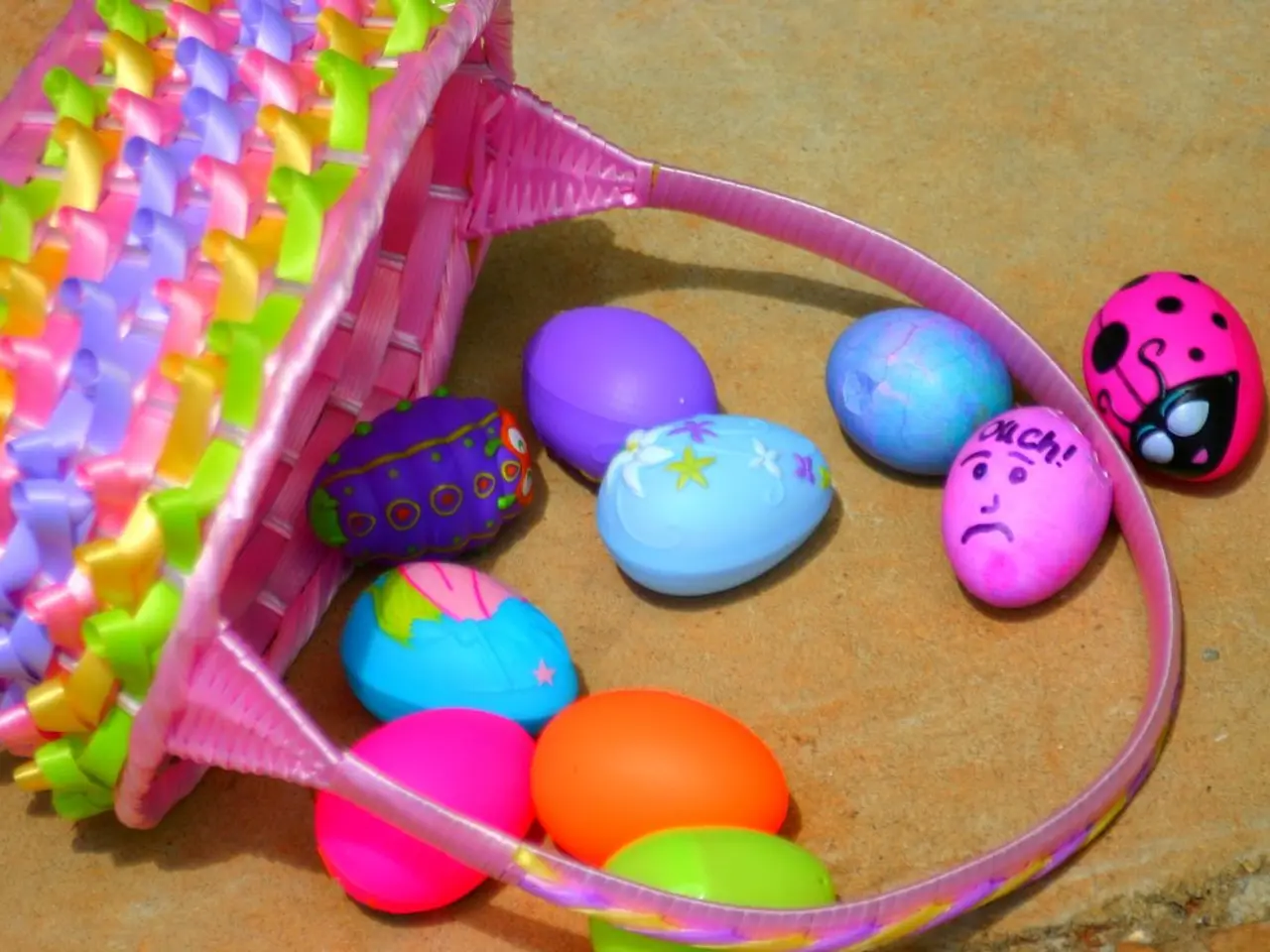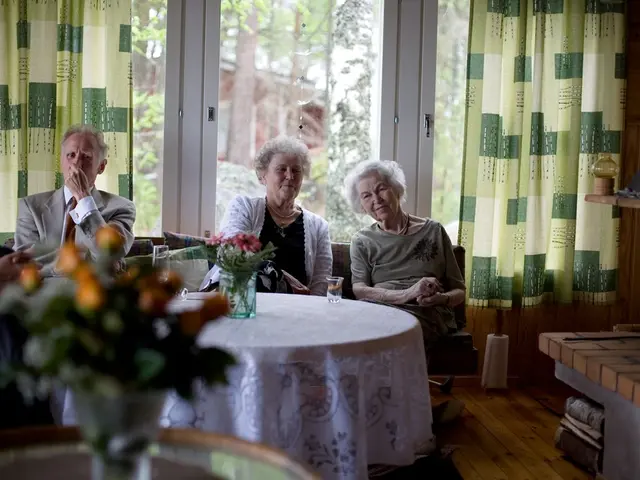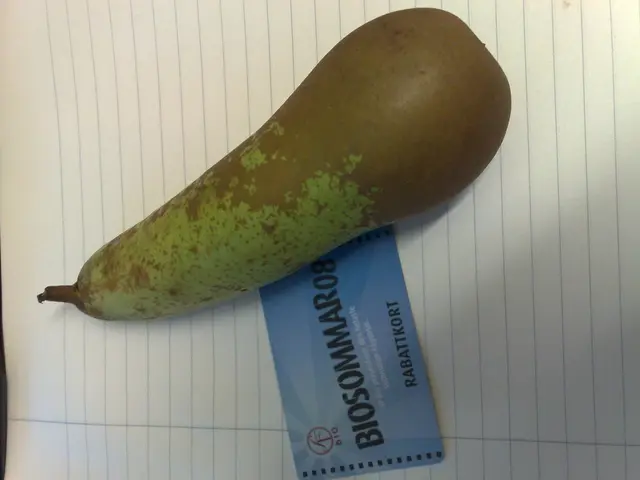Anticipated immunotherapy treatments for bile duct cancer: A look at potential outcomes
In the realm of cancer treatment, a promising new approach is making waves - CAR-T cell therapy. This innovative technique, currently under active investigation, holds great potential for bile duct cancer patients.
The process begins with the extraction of a patient's T cells, which are then engineered outside the body to express chimeric antigen receptors (CARs) that specifically recognize antigens present on bile duct cancer cells, such as B7-H3. These engineered CAR-T cells are then infused back into the patient, where they migrate into the tumor and selectively target and kill cancer cells expressing the B7-H3 antigen.
This targeted approach offers a significant advantage, as it minimizes damage to healthy cells. However, the bile duct tumor microenvironment is complex and often immunosuppressive, which can limit CAR-T cell effectiveness. Research is focusing on overcoming these challenges, including modifying the tumor microenvironment to improve CAR-T therapy outcomes.
Combining CAR-T therapy with immune checkpoint blockade or targeting other tumor microenvironment factors is being explored to enhance anti-tumor immunity in solid tumors like cholangiocarcinoma. The goal is to optimize the efficacy of CAR-T cell therapy against the immunosuppressive environment characteristic of biliary cancers.
While the length of immunotherapy treatment varies between options, CAR-T therapy itself takes around 4-5 hours for T cell collection and several weeks for cell modification. Checkpoint inhibitors, on the other hand, may require treatment for several months.
It's important to note that the choice of treatment depends on the individual and the stage of their condition. A doctor can recommend which treatment option may be most effective based on the person's circumstances. Preparing for immunotherapy varies depending on the individual and the type of treatment, and individuals should consult with a doctor for specific advice.
Individuals who undergo immunotherapy can experience a range of side effects, including pain or swelling around an injection site, fever, nausea, tiredness, dizziness, infection, weight gain from fluid retention, and organ inflammation.
Recent studies have found that following certain diets can help improve immunotherapy response. Probiotics, for instance, have been found to boost the effectiveness of checkpoint inhibitor treatment, while dietary fiber enhances immunotherapy.
Other bile duct cancer treatments include radiation therapy, surgery, chemotherapy, and targeted drug therapy. The choice of therapy depends on the individual and the stage of their condition.
In conclusion, CAR-T cell therapy for bile duct cancer offers a targeted, promising approach to cancer treatment. By engineering T cells to specifically target antigens like B7-H3 on tumor cells, we can enable selective tumor infiltration and killing. Ongoing research aims to optimize the efficacy of CAR-T cell therapy against the immunosuppressive tumor microenvironment characteristic of biliary cancers. As always, it's crucial to consult with a healthcare professional for personalised advice and treatment options.
- In the arena of health-and-wellness, immunotherapy, specifically CAR-T cell therapy, is being investigated as a potential treatment for medical-conditions like bile duct cancer.
- Science and research are currently focusing on improving CAR-T cell therapy's effectiveness against immunosuppressive bile duct tumor microenvironments, with a goal of optimizing the efficacy against biliary cancers.




